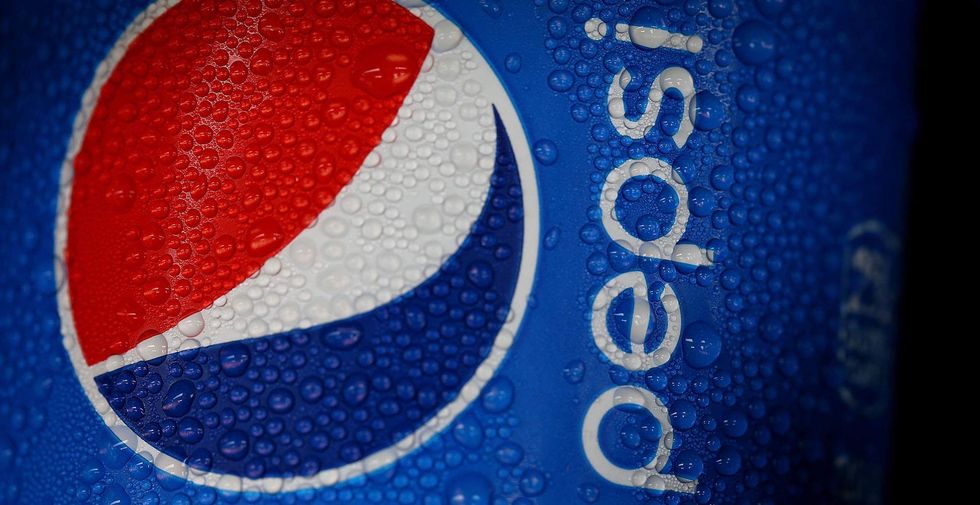
PepsiCo announced this week that it will pull several of its products from the shelves in Philadelphia as a result of the city’s controversial “soda tax.” (Justin Sullivan/Getty Images)

Regulating health, it turns out, comes with a cost. PepsiCo is halting sales of its six-packs and two-liter bottles in Philadelphia, citing the city’s controversial “soda tax.”
In January, the city implemented its new soda tax, which added 1.5 cents per ounce. It should be noted, too, that the tax is imposed on all “sugary drinks,” to include those that are artificially sweetened. Naturally, that cost is being passed to the consumers, though Democrats are accusing beverage companies of “gouging” their customers in hopes of frustrating them about the cost.
But the reality is, without increasing the sticker price, the company would have to swallow the cost. So instead of dealing with all this mess, Pepsi has just decided to cut its losses.
“Because of the Philly beverage tax, people are buying far fewer taxed beverages, particularly those in larger package sizes because they now cost so much more,” Maria Koutsouradis, of Bell’s Market in Rhawnhurst, told WPVI-TV.
Democrats might point to this as a victory — less people are buying sugary drinks, right? — but the truth is, people are still buying their sodas. They’re just doing it outside the city.
“If a customer chose to go outside of the area, they would get their 12-pack and get it a lot less expensive. They would also pick up other items while they're there,” Koutsouradis said.
And local resident Christine Sokol backed that up, telling the local news outlet that if she wants a soda, she “won’t buy it in the city.”
Coca-Cola, Pepsi’s chief competitor, has said it will focus on smaller beverage sizes, not just because of the progressive soda tax, but because that’s what consumers want.
“These steps also are helping our customers navigate the business challenges presented by this tax and helping make our products affordable for consumers,” Fran McGorry, president and general manager of Coca-Cola’s Tri-State Metro Operating Unit, told WPVI.
All of this is bad news for Philly administrators because the sugary tax is about more than just disciplining locals for enjoying a carbonated beverage: It’s also a way to raise revenue for the city’s universal pre-K program. The tax was forecasted to bring in $91 million per year, but declining soda sales in Philly have actually caused overall tax receipts in Philadelphia to plummet.
In early March, PepsiCo made headlines when the company announced it will lay off 80 to 100 employees over the next several months. In a statement about the issue, PepsiCo said it reached the decision as a result of the “economic realities created by the recently enacted beverage tax.”
Despite all this, the city of Philadelphia said it’s all politics. Lauren Hitt, a spokeswoman for the city, said PepsiCo is “literally holding hostage the jobs of hard-working people in their battle to overturn the tax.”
“Pepsi's reasoning for their layoffs and for no longer distributing certain beverage sizes is all self-reported by a company that is actively fighting to overturn the beverage tax in court,” the city said in a statement this week.